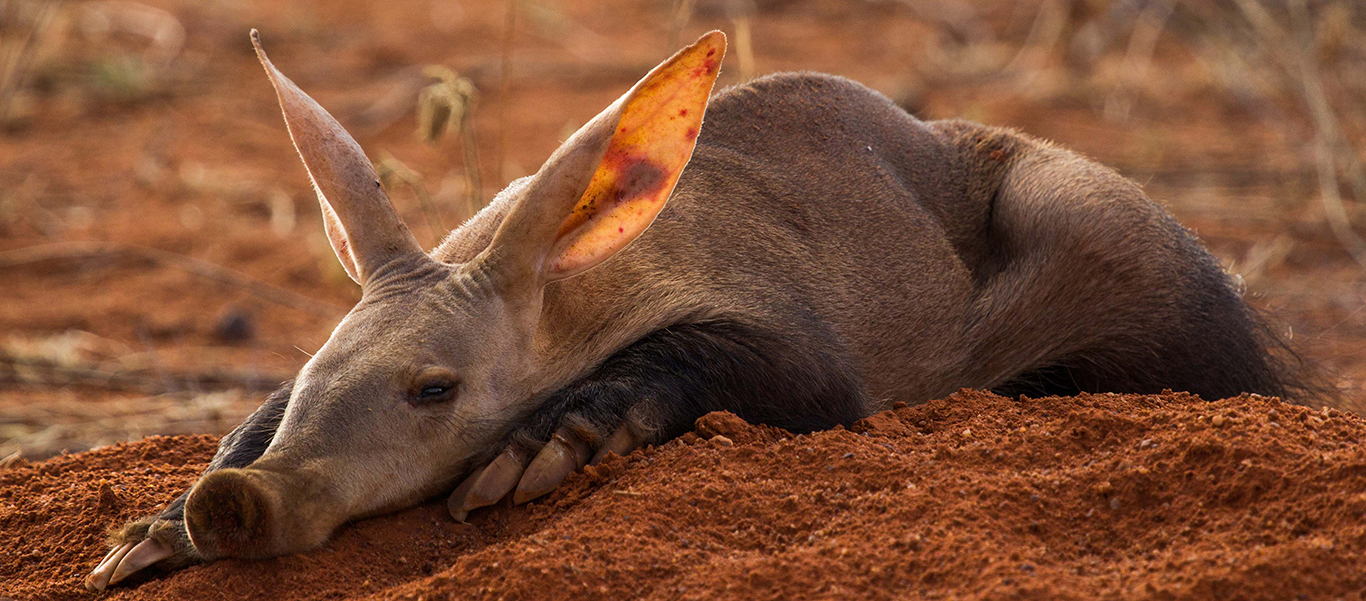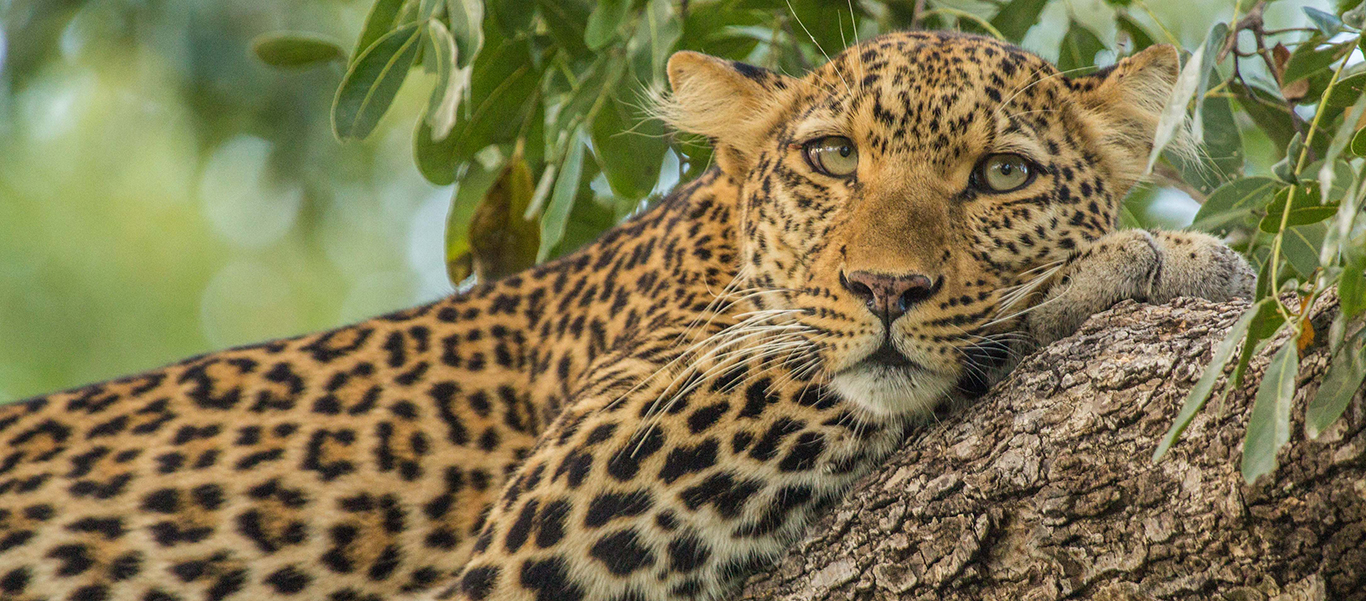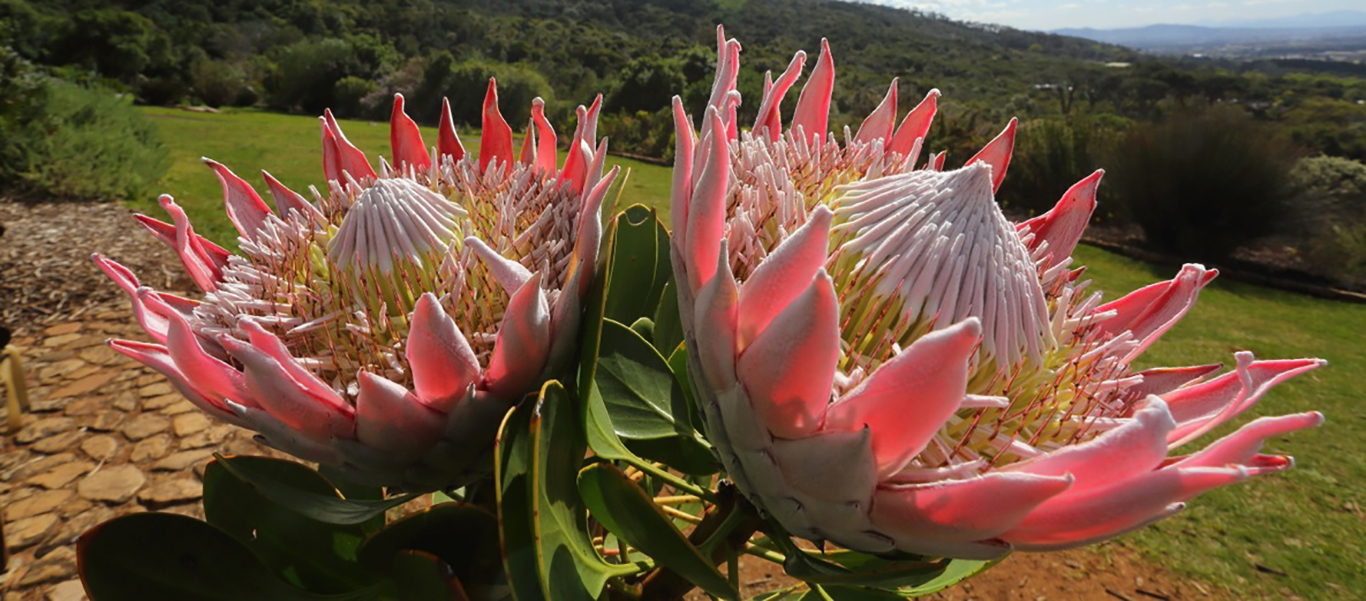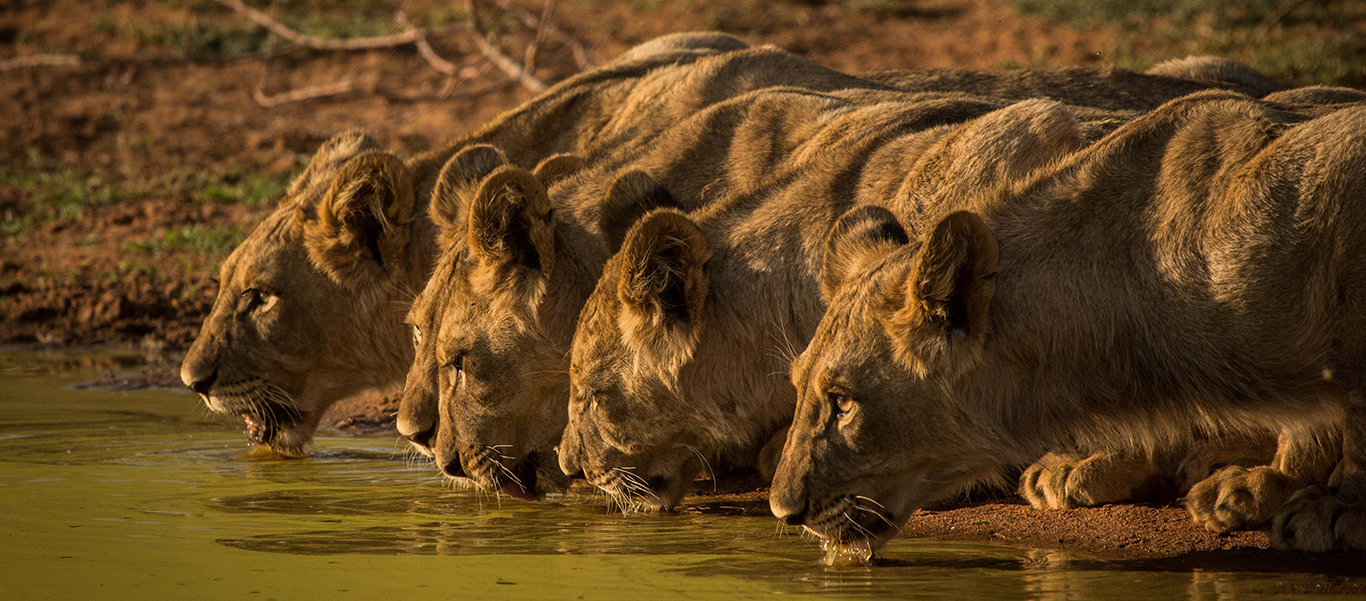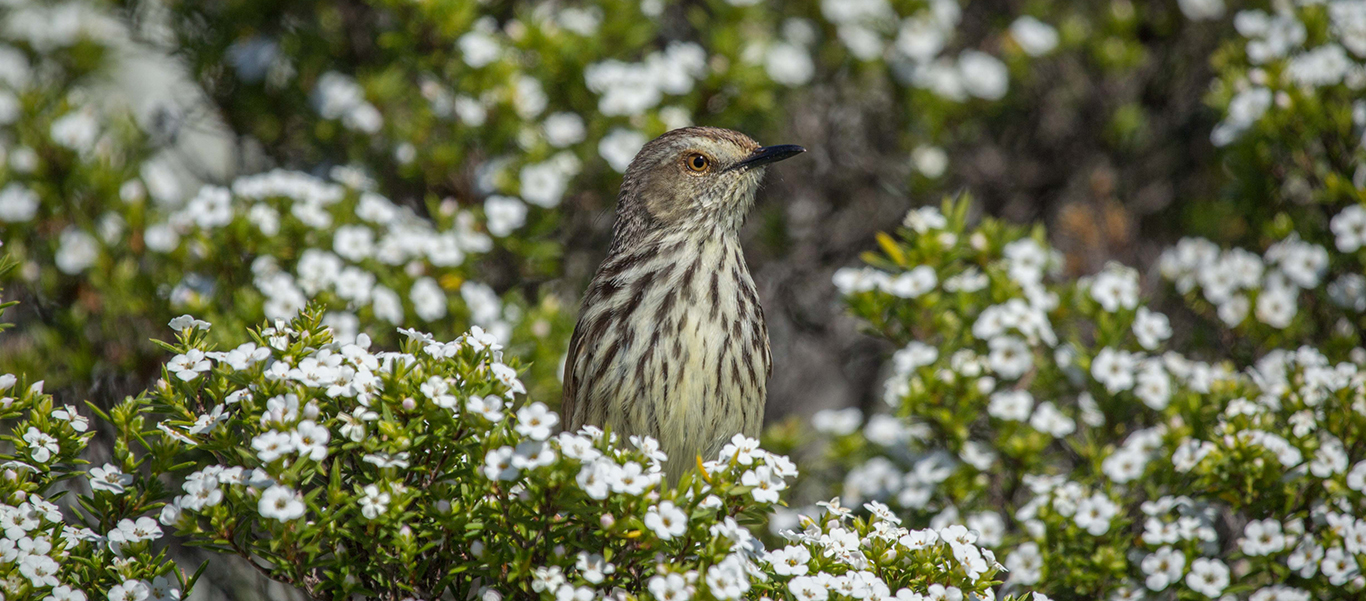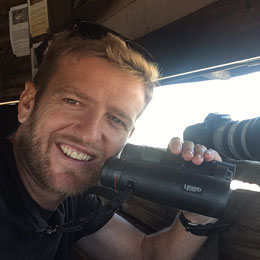Secret South Africa
August 10 - 23, 2024
South Africa Tours
The secret is out, South Africa is beautiful, biologically diverse and culturally rich, with visitors flocking to its savannahs and shores. Apex Expeditions has gathered its resident experts to design an expedition that showcases not only the best, but the most unique and varied experiences a South Africa tour has to offer. Join us as we take you off the beaten path, skirting the major parks and exploring less frequented, but highly productive, wildlife corners of this richly varied land. From an elite reserve tucked beside Kruger National Park famed for its Leopard lineage, to the grasslands of the Southern Kalahari that offer Aardvark and Ground Pangolin, and the remote Overberg Coast teeming with marine giants and apex predators, this is South Africa at its finest!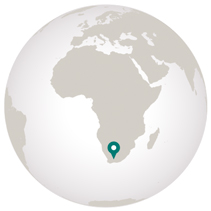
Destinations
- Travel by Air
- Travel by Road
- Travel by Boat
- Travel by Bullet Train
- Travel by Rail
- Travel by Dog Sled
-
Saturday, August 10: Arrive Cape Town
Cape Town offers astounding natural beauty, golden beaches, rich and vibrant culture, plus exciting culinary experiences. You’ll be met on arrival and transferred to the Cape Grace Hotel, ideally located on the edge of the Victoria & Alfred Waterfront, within easy walking distance of a variety of shops, restaurants and cafes. Tonight, meet your expedition team and fellow explorers for a welcome dinner at the hotel. Overnight at Cape Grace Hotel.
-
Sunday, August 11: Cape Town
Weather permitting, visit the top of iconic Table Mountain. The cableway offers spectacular views of Lion’s Head, Devil’s Peak and Table Bay, far below. At the top, watch for colonies of Cape Rock Hyrax, Cape Mountain Lizards, and birds such as the endemic Cape Rock Thrush, Cape Sugarbird, and Cape Siskin. After lunch, visit the acclaimed Kirstenbosch National Botanical Garden, often considered one of the great botanic gardens of the world. Committed to cataloging and conserving the unique plant life of the Cape Floral Kingdom, Kirstenbosch has cultivated over 7,000 plant species, many of them rare and threatened species of well-known families like Protea and Erica. Walk along its many paths and enjoy the varied vistas. Overnight at Cape Grace Hotel.
-
Monday, August 12: Cape Town – West Coast National Park
An hour’s drive will bring you to a less-frequented natural area, the remote West Coast. August is a superb time to visit, with champagne light, wildflowers popping up from winter rains, and the air filled with the songs of breeding birds. Depending on weather and flowering conditions, we may choose to visit the West Coast National Park, whose turquoise Langebaan Lagoon supports a staggering array of animal and plant life, or explore any number of lesser-known private reserves in the region. Eland and Cape Grysbok are commonly encountered, and this is also the best area anywhere to find flocks of South Africa’s national bird, the elegant Blue Crane. Return to Cape Town for dinner, then overnight at the Cape Grace Hotel.
-
Tuesday, August 13: Cape Town – Cape Peninsula
Enjoy breakfast overlooking the harbor, before a full-day tour of the magnificent Cape Peninsula. Hugging the Twelve Apostles Mountain Range, drive past historic Hout Bay Harbor and through the spectacular Chapman’s Peak mountain pass, stopping at a superb lunch spot with the best views around. At the very tip of the peninsula lies Cape Point Nature Reserve, a declared Natural World Heritage Site encompassing 30 square miles of rich fynbos. Chacma Baboon, Ostrich and Cape Mountain Zebra call the area home. A funicular railway goes to the top of the point, where the famous lighthouse stands. A return to Cape Town along the eastern side of the peninsula runs along picturesque False Bay, with its quaint fishing harbors and seaside villages. Dinner and overnight at Cape Grace Hotel.
-
Wednesday, August 14: Cape Town / Hermanus
This morning, head to Stellenbosch through the picturesque vineyards and olive groves of the verdant Cape Winelands. Enjoy a cellar tour, wine tasting, and lunch at the top-notch Tokara Vineyards. Afterwards, travel southeast by road to the town of Hermanus, nestled at the foot of majestic mountains and along the beautiful shores of Walker Bay. This coastal region offers the best land-based whale watching in the world, as well as access to reserves bursting with fynbos, the dominant biome of the Cape Floral Kingdom; home to the greatest non-tropical concentration of plant species in the world (9,000 species, of which 69 percent are endemic). Overnight in an ocean-view room at The Marine Hotel.
-
Thursday, August 15: Hermanus – Dyer Island, Gansbaai
Wake early for a day you will not likely forget. Our guided boat trip into the bay will search these marine rich waters for the shark species that frequent this area, species we hope to see include Great White, Mako and Blue Sharks. Choose to watch from an elevated viewing deck or, if an opportunity presents itself, climb into a submerged cage for an eye-level encounter. Take an up-close look at rocky Dyer Island to admire its colony of endangered African Penguins and Cape Fur Seals basking in the sun. You may also see Bottlenose Dolphins, or some of the hundreds of Southern Right Whales that visit the area at this time of year to mate and calve. Bird enthusiasts will thrill to the sight of Cape coastal endemics like the African Black Oystercatcher, Hartlaub’s Gull, Bank and Crowned Cormorant, and Cape Gannet. Overnight at The Marine Hotel.
-
Friday, August 16: Hermanus / Cape Town / Londolozi Game Reserve
Rise early for a flight from Cape Town heading northeast to Londolozi, located within the larger Sabi Sands Private Game Reserve, bordering the massive 7,500-square-mile Kruger National Park. Londolozi is one of the pioneering private reserves of South Africa’s ecotourism industry. Its name means “protector of all living things” in the local Shangaan language, and it has a long history of conservation. Londolozi is known as one of the most game-rich areas of Sabi Sands and all of Africa’s iconic big game species are common sightings here, including five Lion prides and a hearty population of rhinos. But Londolozi is most renowned for its Leopards. A healthy population of residents, along with individuals passing through, offer you the exceedingly rare opportunity to see these solitary creatures in groups as they mate, or hunt with their young. Settle into your lodge along the spectacular Sand River, before a sunset game-viewing drive. Dinner and overnight at Varty Camp, Londolozi.
-
Saturday & Sunday, August 17 & 18: Londolozi Game Reserve
You have two full days to experience Londolozi, supplementing your game drives with optional Shangaan cultural village visits and interpretive bush walks. In all, 145 species of mammals are known to reside at Londolozi, including a large elephant population and 45 percent of the Hippos in Sabi Sands, drawn to its particularly fertile stretch of the Sand River. Also attracted to the river are a number of bird rarities including the secretive African Finfoot, elusive White-backed Night Heron, and jewel-like Half-collared Kingfisher. The area’s rich thorn savanna also supports the full complement of avian specialties of South Africa’s Lowveld, including a healthy population of vultures and large eagles, family groups of the bizarre Southern Ground Hornbill, and a plethora of bee-eaters, kingfishers, barbets and woodpeckers. Dinners and overnights at Varty Camp.
-
Monday, August 19: Londolozi Game Reserve / Tswalu Kalahari Reserve
Bid farewell to the Kruger area today as you board a flight west, via Johannesburg, to the Southern Kalahari Desert, on South Africa’s border with Botswana. Tswalu Kalahari is South Africa’s largest private game reserve, at 250,000 acres. Tswalu is unique because it combines the typical Kalahari savanna and sand dunes with the Korannaberg Mountains, which offer a sheltering influence that drastically increases the area’s biodiversity, while providing a beautiful backdrop for your wildlife photos. The Kalahari is one of the world’s most biodiverse deserts and the reserve boasts over 80 species of mammals and 240 bird species—startling totals for so arid an area! Along with many of the familiar animals of southern African safaris, Tswalu is also home to less well-known savanna denizens, including the regal Gemsbok, Red Hartebeest, Cheetah, the rare Brown Hyena, and Black-maned Kalahari Lion, which, although the same species as other African lions, are famed for their size and beautiful manes. Dinner and overnight at small and meticulously appointed The Motse Camp.
-
Tuesday – Thursday, August 20 – 22: Tswalu Kalahari Reserve
For the next three days, take in the sights of the southern Kalahari. There are great opportunities to see such rare antelope species such as Roan, Sable and Tsessebe, as well as the regionally endemic Hartmann’s Mountain Zebra, and the endangered Black Rhinoceros. Tswalu’s smaller denizens offer some of the most rewarding wildlife viewing, with two habituated colonies of eternally popular Meerkats living within walking distance of the lodge, and all three of Africa’s rare savanna termite specialists, namely Aardvark, Aardwolf and Ground Pangolin, regularly encountered. Indeed, Tswalu is arguably the very best place on Earth to see these typically nocturnal and highly elusive animals, and our visit has been timed to maximize our chances of seeing them abroad during the day! As if these were not enough, the diminutive Cape and Bat-eared Fox are plentiful, with African Wild Cat and Caracal also possible. Bird specialties of the Kalahari abound, including the striking Northern Black Korhaan, pint-sized African Pygmy Falcon, Swallow-tailed Bee-eater, and colonies of Sociable Weaver, with their immense communal nests. Be sure to see the San (Bushman) petroglyphs on the reserve, thought to be up to 380,000 years old. Dinners and overnights at The Motse Camp.
-
Friday, August 23: Tswalu / Johannesburg
Savor a last morning in the Kalahari before your flight to Johannesburg. Once at the Johannesburg airport, connect with your international flights home.
Details
- August 10 - 23, 2024
- Leaders Marco Tonoli & Liam Rainier
- $28,470 Per Person Rate
- $39,970 Solo Rate
- 14 days Trip Length
- 12 guests
- Cape Town Start
- Johannesburg End
Call us to reserve your spot on this exciting expedition!

